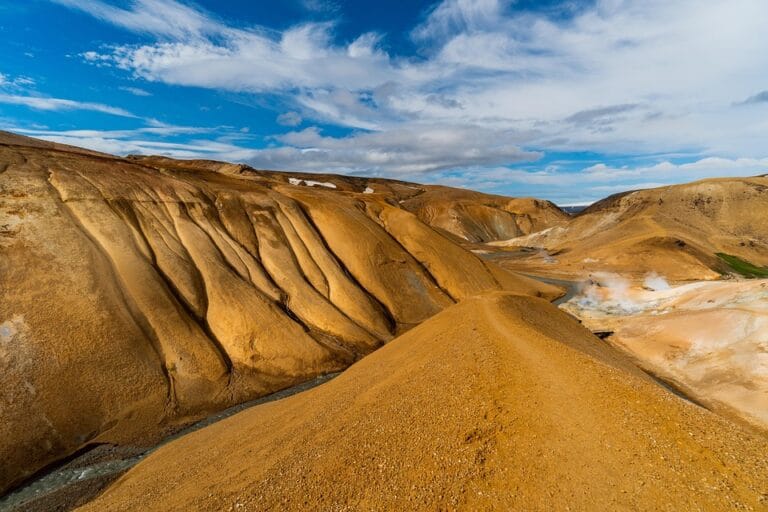Travelling is something many of us cherish. It broadens our horizons, introduces us to new cultures, and simply feels good. But, you know, there’s a growing awareness that our adventures can have quite an impact on the planet. Eco-tourism is a response to that concern, promoting travel that’s not just enjoyable but also sustainable. So, let’s dive into what eco-tourism really means and how we can travel more mindfully.
What Is Eco-Tourism?
At its core, eco-tourism is about responsible travel. The idea is to appreciate natural areas while minimising our footprint. This could mean visiting pristine spots without leaving a trace or supporting local communities by staying in eco-friendly lodgings. It’s like opening a door to authentic experiences that benefit both the traveller and the environment.
When I first learned about eco-tourism, I thought, “Wow, that makes so much sense!” It’s not just about sipping herbal tea in a bamboo lodge, if you know what I mean. It’s about engaging with nature in a way that feels respectful and meaningful.
Choosing Eco-Friendly Accommodations
One of the simplest ways to make your travel more sustainable is by choosing where you stay wisely. There are various eco-friendly hotels or lodges that prioritise sustainability. They might use renewable energy, offer organic meals, or even use reclaimed materials in their construction.
In my experience, staying in a unique eco-lodge can add such a special touch to your trip. I once stayed at a place that had a rooftop garden. Honestly, it was refreshing to feel like I was contributing to something positive, even in small ways.
Engage with Local Communities
Another vital aspect of eco-tourism is connecting with the people who live there. This could mean booking local guides for tours or dining at family-owned eateries instead of large chains. Not only does this support local economies, but it often leads to richer experiences. Hearing stories from locals can be so enriching; it’s a window into the culture that you may never have otherwise.
Of course, this approach can sometimes feel a bit daunting. You might wonder about etiquette, or whether your presence is truly welcome. But, I think, being open and respectful goes a long way. After all, we’re all just trying to make our way in the world, right?
Be Mindful of Nature
As visitors to our planet, it’s on us not to disturb the spaces we adore. Simple actions, like sticking to marked trails and not picking plants or disturbing wildlife, can make a substantial difference. It’s crazy how small gestures can help in preserving these areas for future generations.
I remember hiking in a national park a few years back. I noticed a sign saying not to feed the animals, and it hit me — they rely on their natural behaviours and habitats. It’s easy to feel tempted to interact with cute critters, but respecting their space is crucial. It just makes sense, doesn’t it?
Offset Your Carbon Footprint
Now, let’s talk about the elephant in the room: travel often involves flying, which isn’t exactly great for our planet. If you’re planning a trip, consider ways to offset your carbon footprint. Some airlines offer carbon offset programmes, allowing you to contribute to projects that help mitigate the impact of air travel.
This could feel a bit abstract or, I guess, even a tad confusing. I’ve found it helpful to read up on the specific projects being supported — it makes it feel more tangible, sort of like a direct connection to something positive.
In Conclusion
Ultimately, eco-tourism is about striking a balance. It’s about enjoying the world around us while ensuring we protect it for those who come after us. Sure, it can sometimes feel overwhelming to think about all the tiny changes, but every little bit helps. Adopting an eco-friendly mindset means considering your choices as a traveller, and perhaps incorporating more sustainable practices into your daily life.
So, the next time you plan an adventure, think about how your travels can leave a lighter footprint. It’s a small shift, yet it can lead to a more significant impact — both for you and the planet.






